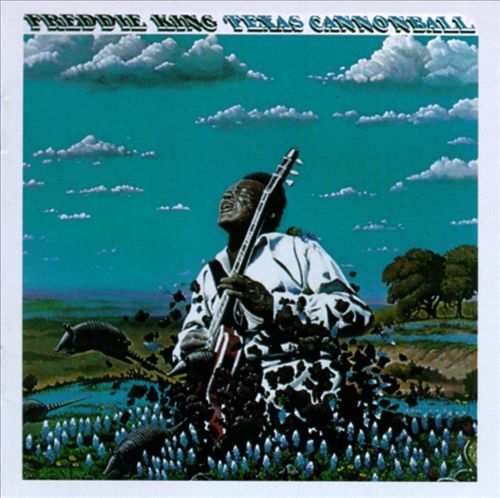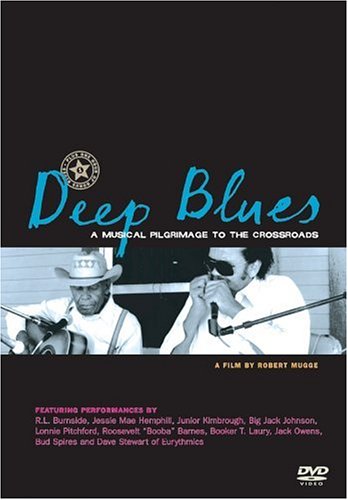The Best Songs: John The Revelator
The Revelation of Jesus Christ, which God gave unto him, to shew unto his servants things which must shortly come to pass; and he sent and signified it by his angel unto his servant John: Who bare record of the word of God, and of the testimony of Jesus Christ, and of all things that he saw. Blessed is he that readeth, and they that hear the words of this prophecy, and keep those things which are written therein: for the time is at hand.
– Revelation 1:1-3
John the Revelator is a traditional gospel blues call and response song. Music critic Thomas Ward describes it as “one of the most powerful songs in all of pre-war acoustic music … [which] has been hugely influential to blues performers”. Blind Willie Johnson recorded John the Revelator in 1929 (or 1930) and is the first known recording (at least to me) and subsequently a variety of artists have recorded their renditions of the song, often with variations in the verses and music.
The song’s title refers to John of Patmos (or traditionally John the Apostle) in his role as the author of the Book of Revelation. A portion of that book focuses on the opening of seven seals and the resulting apocalyptic events. In its various versions, the song quotes several passages from the Bible in the tradition of American spirituals.
This is a dark and brooding masterpiece!
The Blind Willie Johnson version:
Blind Willie Johnson recorded the song on April 20, 1929 (or 1930) in Atlanta (his second (1929) or his fifth and final recording session for Columbia Records (1930)). He is accompanied by his first wife (probably), Willie B. Harris. Johnson was a gospel blues singer and guitarist. While the lyrics of his songs were usually religious, his music drew from both sacred and blues traditions. It is characterized by his slide guitar accompaniment and tenor voice, and his frequent use of a lower-register ‘growl’ or false bass voice.
Blind Willie Johnson – John The Revelator:

